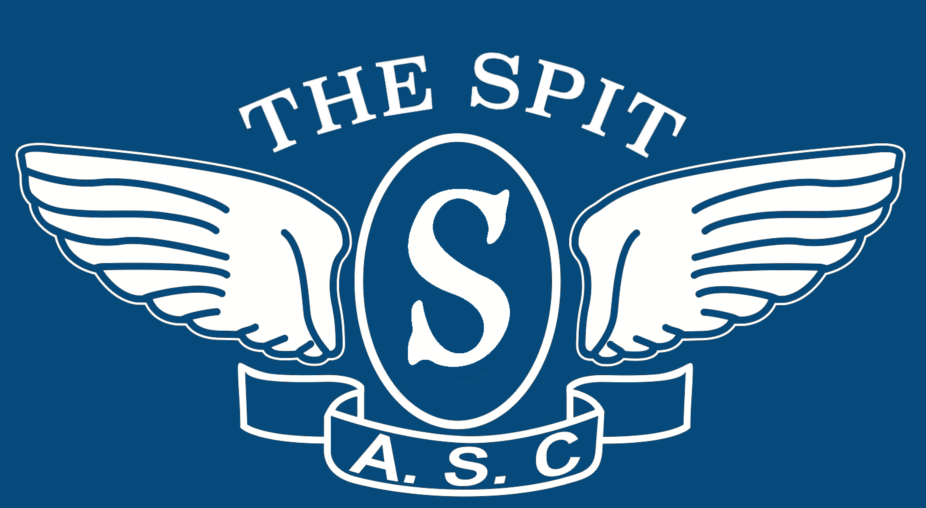A shareholder is a person or a company who owns shares in an organization. They are able to vote on major decisions taken by the company. They also can earn money through the growth of their share portfolio or from dividend payments made by an organization. Shareholders’ rights as well as duties are determined by the number of shares they own. They can be classified into categories like majorities and minorities.
A majority shareholder is a person who has more than 50 percent of the shares in a company. It is typically the founders, but can also be a company that buys more than 50% of the shares of a company. A majority shareholder has the power to vote on major decisions, and may choose who is on the company’s board. They also have the right to sue the company for any wrongdoing committed by it.
You are considered a minority shareholder when you hold more than 25 percent of the shares in a company. You have the right to vote on major decisions, but don’t have a lot of power over the company. Minority shareholders may still pursue the company for wrongdoing they have committed, but they don’t have the same authority as the majority shareholders.
There are two broad types of shareholders in a company: common shareholders and preferred shareholders. Both can vote on important decisions, and they also have the ability to decide who will be on the board of directors. However the type you hold determines the voting rights. Common shareholders hold the largest number of votes and are entitled to receive dividends when the company earns a profit for the financial year, but they do not get an assured rate of dividends as preferred shareholders do.
http://companylisting.info/2021/04/21/creating-an-llc-what-are-the-disadvantages/
